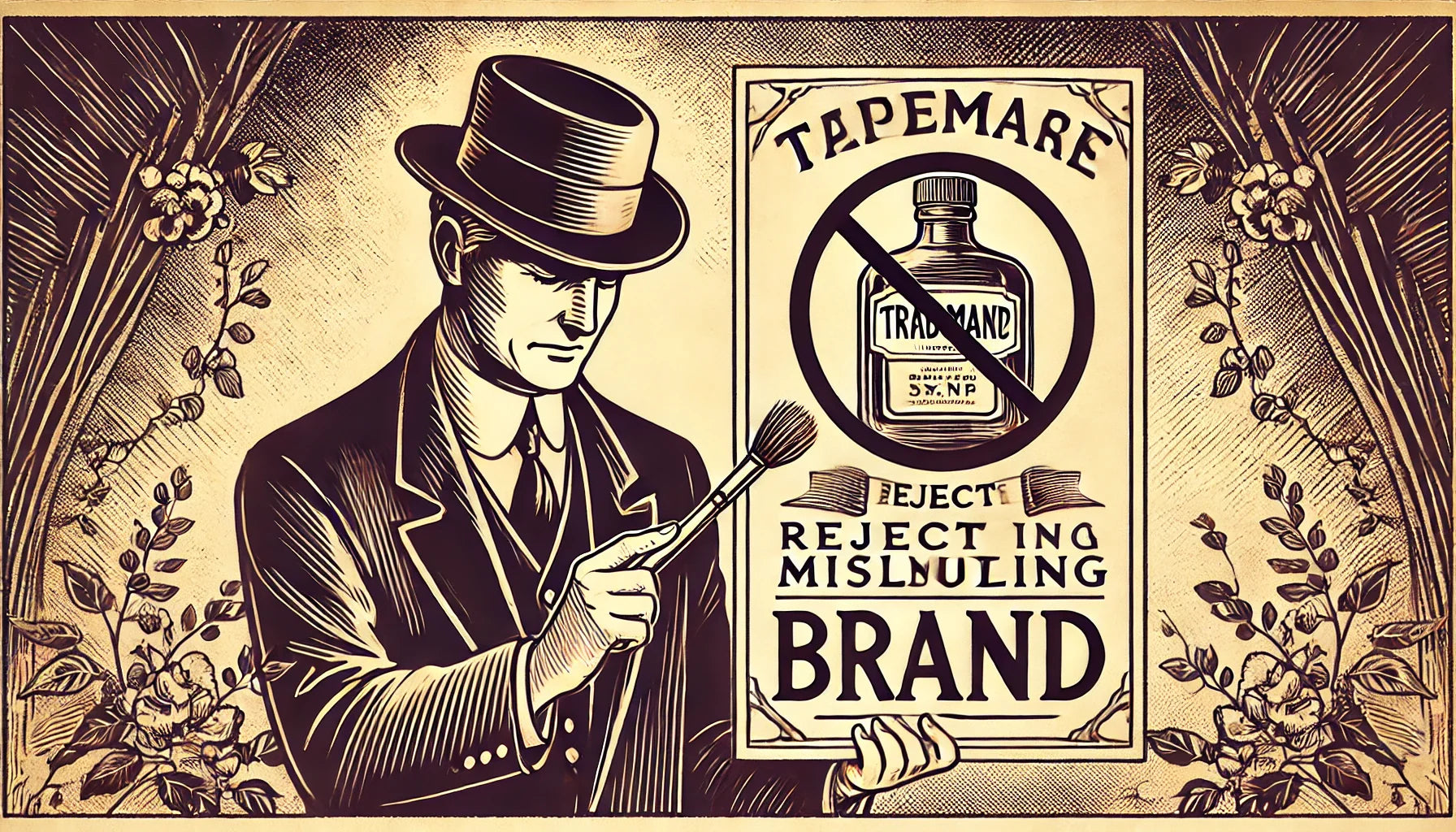A utility patent is a type of patent that protects the way an invention works or is used. While a utility patent can provide valuable protection for a wide range of inventions, there are certain things that it does not protect. Here are a few examples of what a utility patent does not protect:
-
Ideas or concepts - A utility patent cannot be used to protect an abstract idea or concept, only the specific implementation or embodiment of that idea. This means that while you may have a great idea for a new product or technology, you cannot protect it with a utility patent unless you can demonstrate a specific, novel and non-obvious way of implementing that idea.
-
Laws of nature or natural phenomena - A utility patent cannot be used to protect laws of nature or natural phenomena. For example, you cannot patent the laws of physics or the natural properties of an element or substance.
-
Software algorithms - While a utility patent can protect the way software is used or integrated with other systems, it cannot protect the underlying algorithms or mathematical formulas used to perform specific functions. This is because algorithms and mathematical formulas are generally considered to be abstract ideas or concepts, which are not patentable.
-
Abstract art or music - A utility patent cannot be used to protect abstract works of art or music, which are typically covered by copyright or trademark law instead.
In summary, while a utility patent can provide important protection for a wide range of inventions, it is important to understand its limitations and what it does not protect. If you have an invention that falls outside the scope of a utility patent, you may need to explore other forms of intellectual property protection, such as a design patent, copyright, or trademark.




